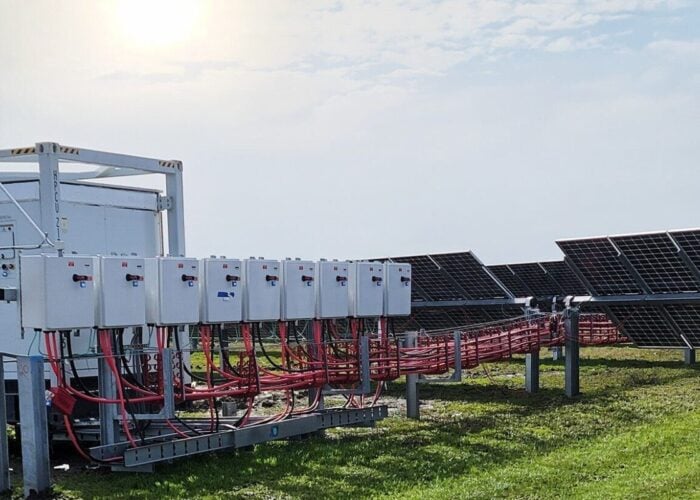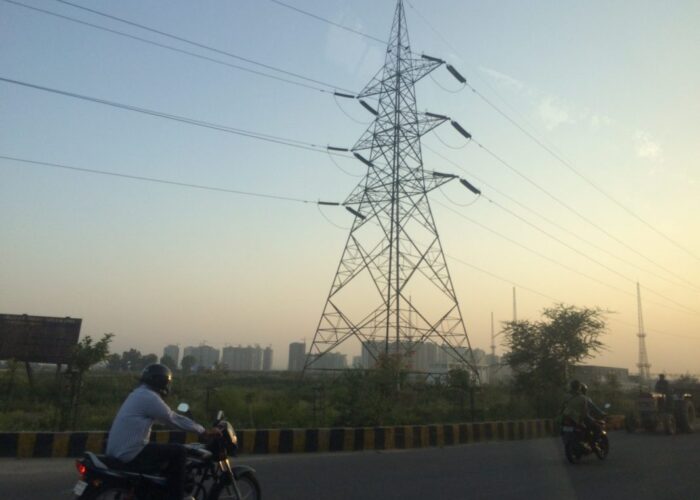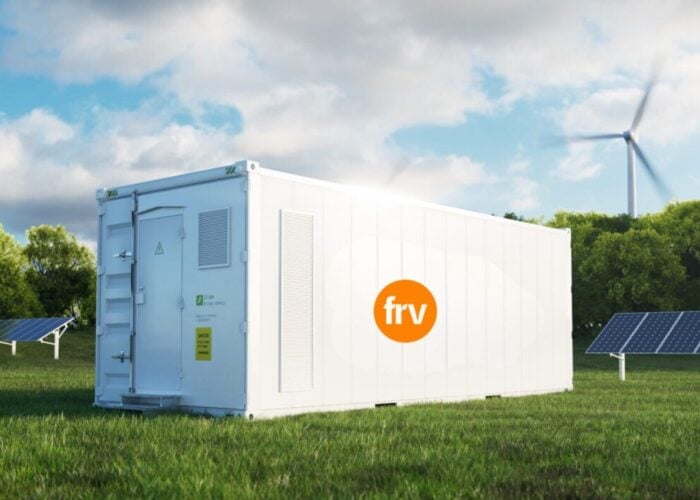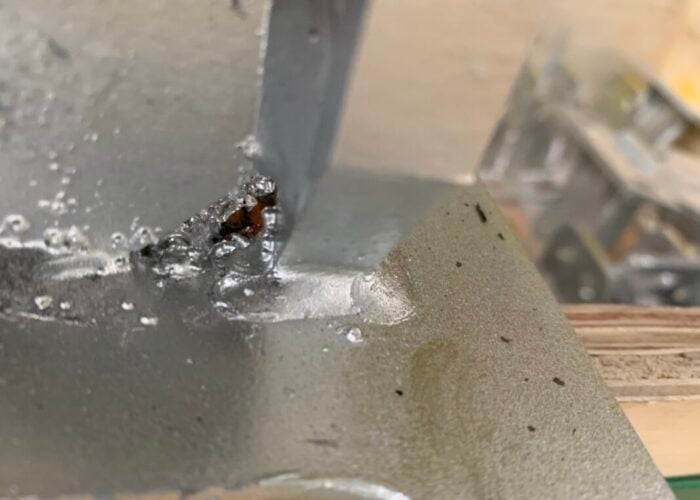Potential changes to the scope of the US trade investigation into Chinese modules could create a serious drop in Taiwan-produced cell sales, according to analysts EnergyTrend.
The US has proposed classifying cells with any part of the manufacturing process conducted in China, as Chinese. Modules with Taiwanese cells will also face duties regardless of where the modules and wafer were sourced.
Try Premium for just $1
- Full premium access for the first month at only $1
- Converts to an annual rate after 30 days unless cancelled
- Cancel anytime during the trial period
Premium Benefits
- Expert industry analysis and interviews
- Digital access to PV Tech Power journal
- Exclusive event discounts
Or get the full Premium subscription right away
Or continue reading this article for free
All-Chinese modules are currently levied with anti-dumping tariffs set in 2012.
“This new amendment is a game changer. Now if companies like Yingli, Suntech or Jinko choose to manufacture modules in China, they will produce cells themselves rather than using cells made in Taiwan,” said Jason Huang, a research manager, EnergyTrend. “This will ensure the modules are only hit with the lighter 2012 duties rather than the new, higher one. This will cause market demand for Taiwan-produced cells to plummet,” he added.
Lawyers representing Chinese manufacturers have questioned the legality of the proposed changes, which they claim break US trade laws (by expanding the scope of the investigation beyond its reach at the point of initiation) and breach the WTO’s most favoured nation rule, by issuing different criteria for the classification of Chinese modules than for those from other countries.






